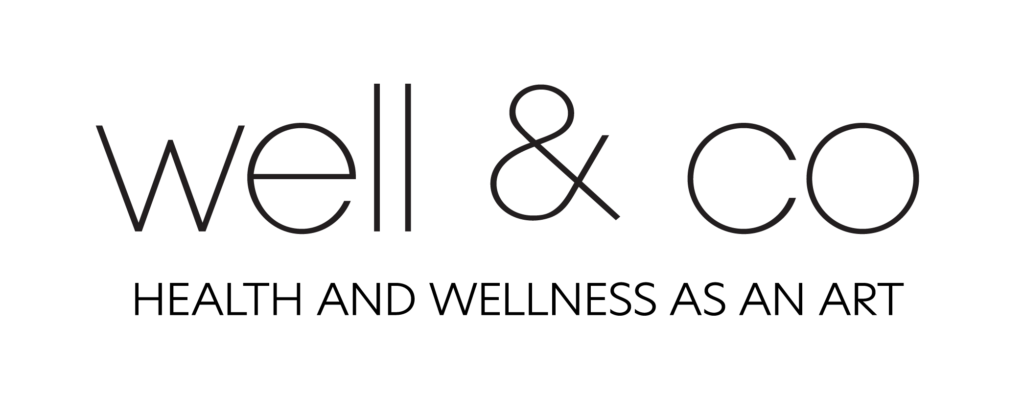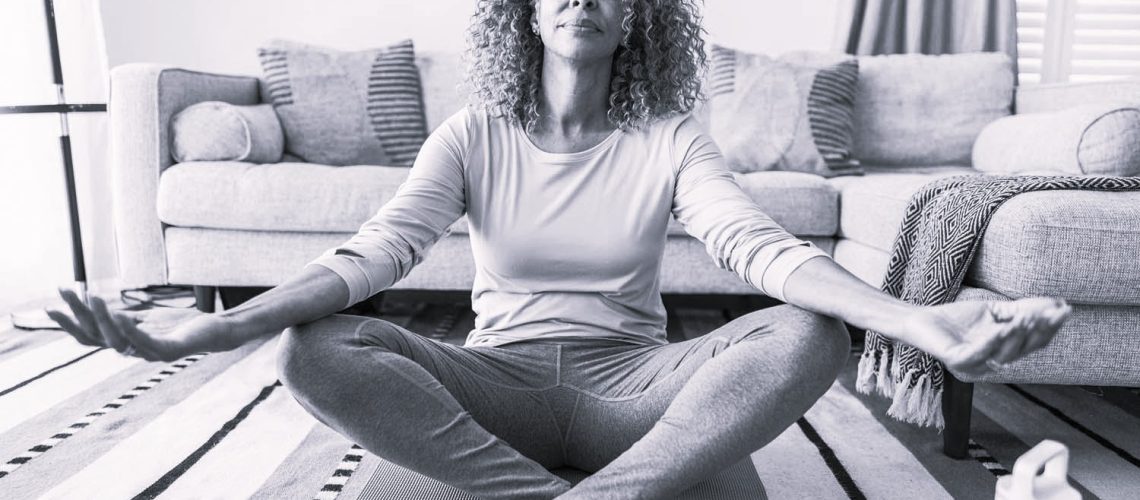As a woman, mom, wife, daughter, sibling and all the hats we often wear, some days life does not slow down. Between graduate school, work, family, personal goals, and everything in between, it is easy to feel like you are running on empty. A while ago, this never-ending hustle began to take a toll, not only on my body but also on my mind. The constant rush led me to hit rock bottom. In hindsight, perhaps it had to happen, because that challenge sparked growth, allowing me to slow down, reflect on what truly mattered, and focus on realistic wellness goals.
I used to meditate for hours, jump into yoga class after yoga class, drinking all those fancy green juices, and tracking my meditation and journaling to obsession. I was a mom and wife, trying to fill the household with love, joy, and happiness, which it had, but the truth is, I was depleted. Despite all the meditating, journaling, yoga, and all the wellness podcasts I hammering into my head, I was running on empty. Eventually, I crashed, literally and figuratively.
Looking back, I realized what I was not doing: I was not focused on supporting myself in a way that would allow me to be the best version of me. I stretched my limits too far. I did not allow myself to grieve the loss of a dear friend, and I thought that all the mindfulness in the world would make my marriage perfect. Yes, I was happy overall, but I still wanted grow more as a couple and as an individual, but yet, I was feeling static.
Life was not perfect, and trying to live in a place that idolizes perfection over vulnerability was incredibly challenging. My inability to slow down and focus led to a major life error, one that has shaped me, and will continue to shape me, for the better.
I had to change my outlook on wellness to become the best version of myself. Sitting on the floor for 20-plus minutes to meditate was just not realistic anymore. That was the old me, the one who burned out from trying to force “wellness” rather than feeling refreshed and renewed. Forget journaling every single day and tracking it in an app. That caused more harm than good. Now I just journal when I can, even if just a few words. Also, over the course of time, I accepted that it is okay to receive help me heal and grow.
In short, it is about making mindfulness realistic and embracing habits that work for you rather than the status-quo. This is something wonderful people in fields like law enforcement and group therapy have taught me.
Challenges will always be part of life, and while they can be uncomfortable and hard to navigate, challenges are often the stepping stones to growth. They do not come into our lives to defeat us; they help us evolve into better versions of ourselves. For me, my greatest life challenge has become an opportunity to dig deeper, reflect more, and grow in ways I did not know were possible. For me, stepping back was the best way to move forward. From changing habits, learning how to heal, learning how to grieve, learning to just be a better person all meant realistic mindfulness practices vs the BS I was doing. I was going non-stop only to crash. But like I said, some crashes are meant to be as they open doors to a better way of being.
Realistic mindfulness played a big part in my transformation. To this day, it teaches me that challenges are part of the process, and when I am present, I can turn them into opportunities for growth. Realistic mindfulness helps me meet life’s difficulties with an open heart and a calm mind.
So, what does my realistic mindfulness look like? One-minute meditations, journaling when I can, walking when I can, practicing yoga whenever I have the time, and for however long or short that may be. Doing what I can, realistically, without feeling the pressure to measure up to the standards set by social media or society. Realistic mindfulness is not about following someone else’s fancy philosophy or fitting into a prescribed mold, it is about embracing the small, healthy shifts that truly make a difference and accepting imperfection as part of the beauty of life.
Mindfully curated by Debra Gudema for Well&Co.
📸: Harvard

